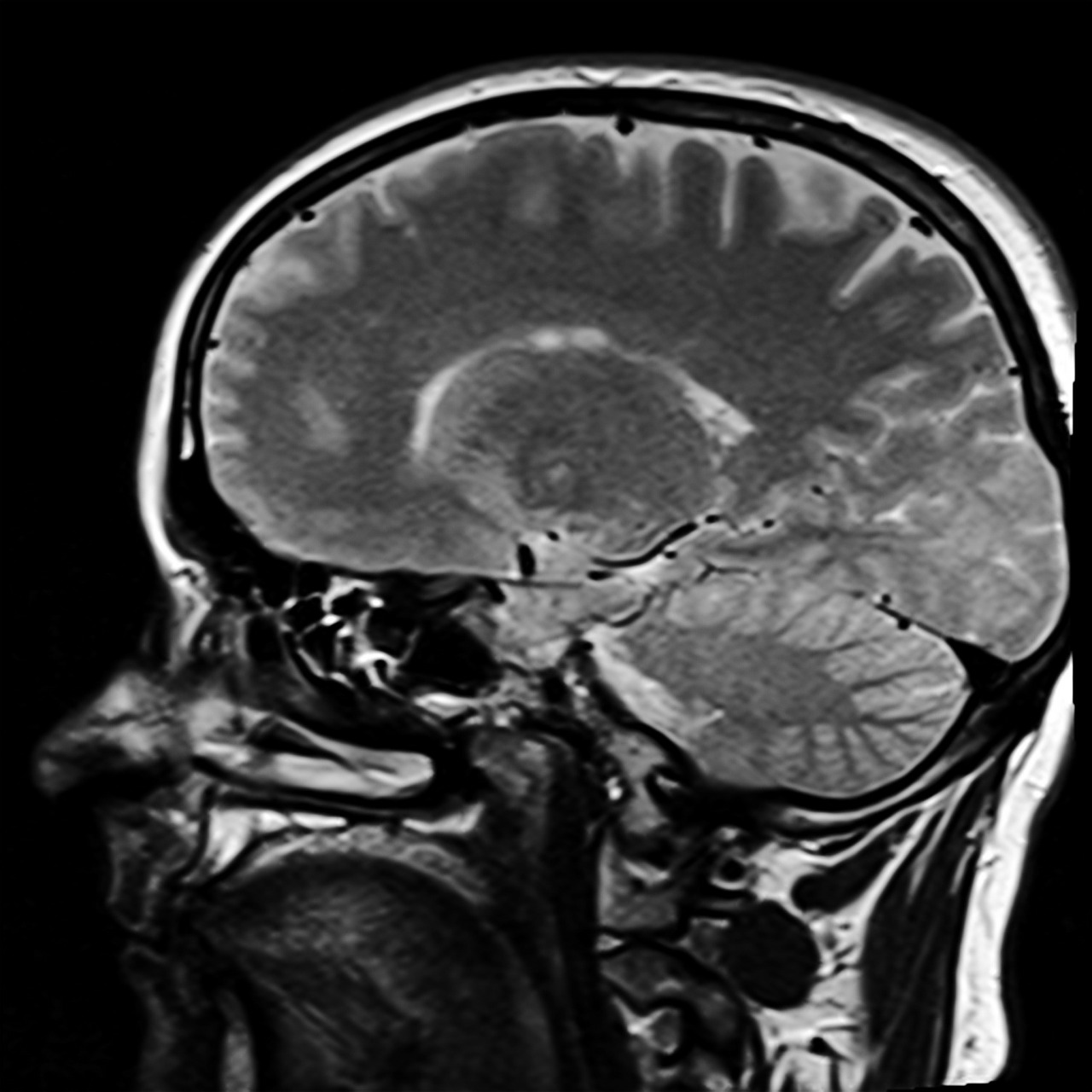-
Former Israeli Prime Minister’s Significant Brain Activity – How Do We Know?

Israeli scientists and UCLA’s Dr. Martin Monti recently found that former Prime Minister Ariel Sharon demonstrates significant brain activity. Seven years ago Sharon suffered two strokes. The second stroke caused him to lose most of his consciousness. Sharon is in a minimally conscious state, a little more aware than a coma or a persistent vegetative…
-
Perceptual Learning: Applications to Education
My lab at UCLA has been in the news twice recently, which is very exciting for us! You may have seen this article in the NYTimes last week or this interview on CBS’ The Early Show this morning. Both stories are about perceptual learning and its applications to education. I thought in this post I…
-
Research about teen texting from Society for Research on Child Development
This was first posted on Society for Research on Adolescence’s blog… here is link if you want to read more about news from conference from other bloggers as well. SRCD in Montreal, Day 1! One of the first symposiums I attended, bright and early this morning at 8AM, was about a topic that I am…
-
Is ADHD a real disorder?
Despite overwhelming scientific evidence that approximately 5 percent of children have a specific deficit in attention compared to children of their same age and sex, many people still question whether ADHD (and some still call it it’s former name: ADD) is a real disorder. A recent article in the New York Times takes on this…
-
A Virtual Audience 24/7
Peggy Orenstein’s recent NY Times Magazine piece on Twittering brings to the forefront many of the issues that psychologists at the CDMC@LA are concerned about. Due to the myriad of self-presentation tools that digital media such as YouTube, twittering and social networking sites provide, people are often hyper aware of their audience. How will this…
-
Those That can not do…Education, teachers and Psychology
I have to admit that before I became an academic, I believed this phrase was true “Those that can not do, teach.” This despite coming from a family of academics. Of course, now that I am on this path, I see that there are many passionate, smart, committed people who could do many other things…
-
Sound asleep – Learning while sleeping may indeed be a reality
Okay, so this recent study from Northwestern isn’t saying you can learn anything you want by simply playing it while you’re asleep. Still, it seems to give hope that some learning enhancement can occur while we’re napping.